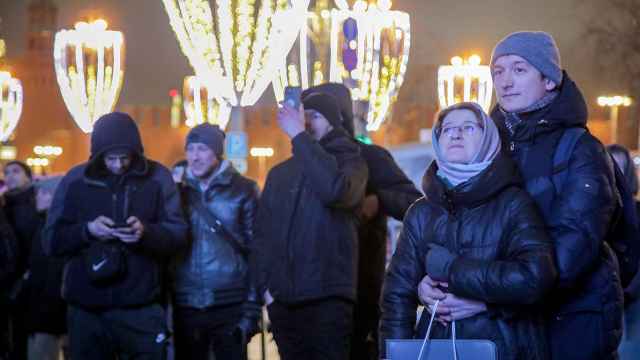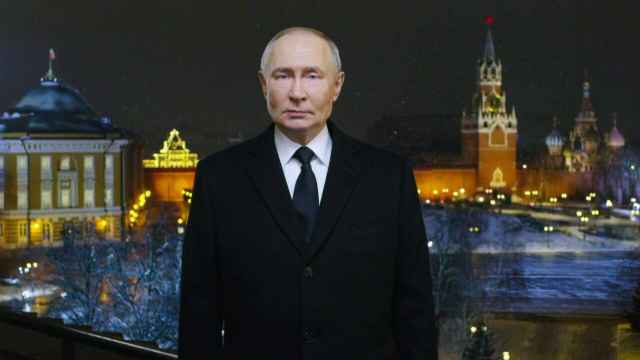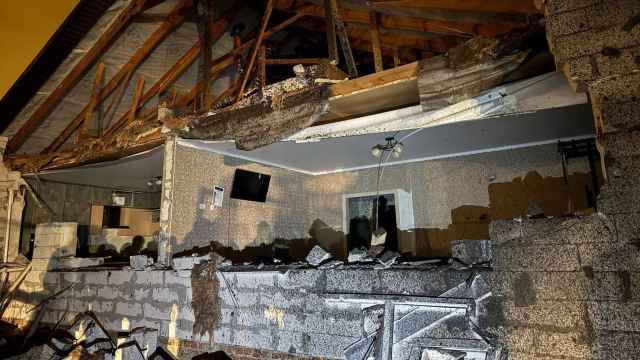Russia said Wednesday that NATO should investigate last year's computer virus attack on a Russian-built nuclear reactor in Iran, claiming that the incident could have triggered a nuclear disaster on the scale of Chernobyl.
Dmitry Rogozin, Russia's ambassador to NATO, said the virus that hit the computer system at the Bushehr reactor had caused centrifuges to spin out of control.
"This virus, which is very toxic, very dangerous, could have very serious implications," he said, describing the virus's impact as being like explosive mines.
"These 'mines' could lead to a new Chernobyl," he said, referring to the 1986 nuclear accident at a plant in Ukraine, then part of the Soviet Union. "NATO should get to investigating the matter … This is not a private topic."
Iran began fueling Bushehr in August, and officials have said the reactor will begin generating energy early this year, a delay of several months following the spread of the global computer virus that is believed to have mainly affected Iran.
Iranian officials have confirmed that the Stuxnet virus hit staff computers at the Bushehr plant but said it had not affected major systems. Security experts say the computer worm may have been a state-sponsored attack on Iran's nuclear program and may have originated in the United States or Israel.
A Message from The Moscow Times:
Dear readers,
We are facing unprecedented challenges. Russia's Prosecutor General's Office has designated The Moscow Times as an "undesirable" organization, criminalizing our work and putting our staff at risk of prosecution. This follows our earlier unjust labeling as a "foreign agent."
These actions are direct attempts to silence independent journalism in Russia. The authorities claim our work "discredits the decisions of the Russian leadership." We see things differently: we strive to provide accurate, unbiased reporting on Russia.
We, the journalists of The Moscow Times, refuse to be silenced. But to continue our work, we need your help.
Your support, no matter how small, makes a world of difference. If you can, please support us monthly starting from just $2. It's quick to set up, and every contribution makes a significant impact.
By supporting The Moscow Times, you're defending open, independent journalism in the face of repression. Thank you for standing with us.
Remind me later.





